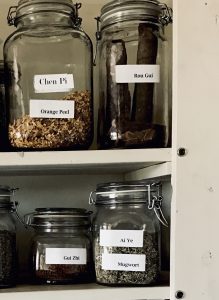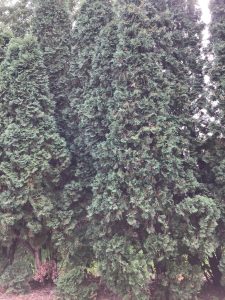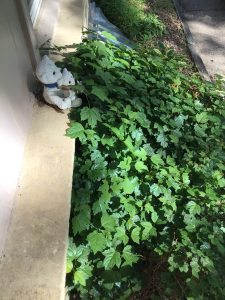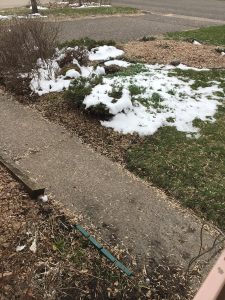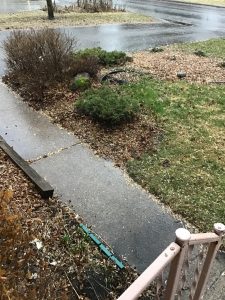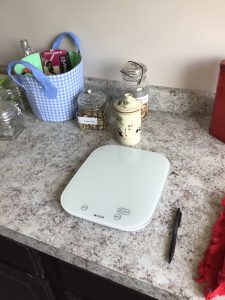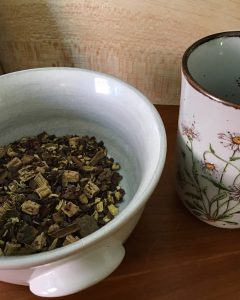
According to the National Institute of Health (NIH), having low-density lipoprotein in the blood can increase the risk of heart disease. That “bad” cholesterol is part of the plaques that can build up in the blood vessels. If the plaques are unstable and burst, it may lead to a heart attack. Cholesterol is produced in the body and is also necessary in the body. Its functions include supporting digestion, producing hormones, and supporting the structure and function of cells. Too much cholesterol (LDL) can occur if a person has an improper diet, essentially, too much greasy food. The high-density lipoprotein (HDL) is also a factor. HDL is known as good cholesterol because it actually removes cholesterol from the artery walls to carry to the liver. So, low HDL is considered to be a risk factor.
In Traditional Chinese Medicine (TCM), hyperlipidemia is related to phlegm-dampness, phlegm blockage, and blood stasis. It is related to Spleen, Liver, and Kidney. If the patient eats too much spicy and greasy food, it can lead to a Spleen/Stomach disorder. That can lead to phlegm accumulation. If the patient doesn’t exercise, he may have Liver and Kidney yin deficiency. The patient could have an existing disease, such as masses due to Liver Qi stagnation. Or the patient may have a weak constitution and, so, easily accumulate phlegm-dampness.
So here are some TCM ideas for support:
1. Oolong Tea is good for after a meal. It assists the digestion. Ginger and Orange Peel Tisane are ways to gently clear out dampness. You can drink Dandelion for your liver, but a small amount, because it can be very draining.
2. Qi Gong and T’ai Ji are great traditional exercises. A lot of community centers have classes for beginners. Or ask your local acupuncturist who she recommends. Any amount of exercise can move your Liver Qi, and these are gentle enough that they won’t aggravate your constitution.
3. Cook more, make it hobby. Find some recipes and use them. Seaweed soup is great for your new diet. Add in these spices and foods, too: cinnamon, garlic, corn (yes, corn), celery, green onion, sesame seeds, sunflower seeds, walnuts, peaches, and fresh-water fish. Also, try some tofu. It’s great in a stir-fry with green onion, garlic, and sesame seeds.
4. I know you know this one, but quit smoking. One irony is that anxiety can be a symptom of phlegm. You’ve got yourself in a vicious circle. There is an excellent ear acupuncture protocol for quitting smoking.
Good luck and be well.

